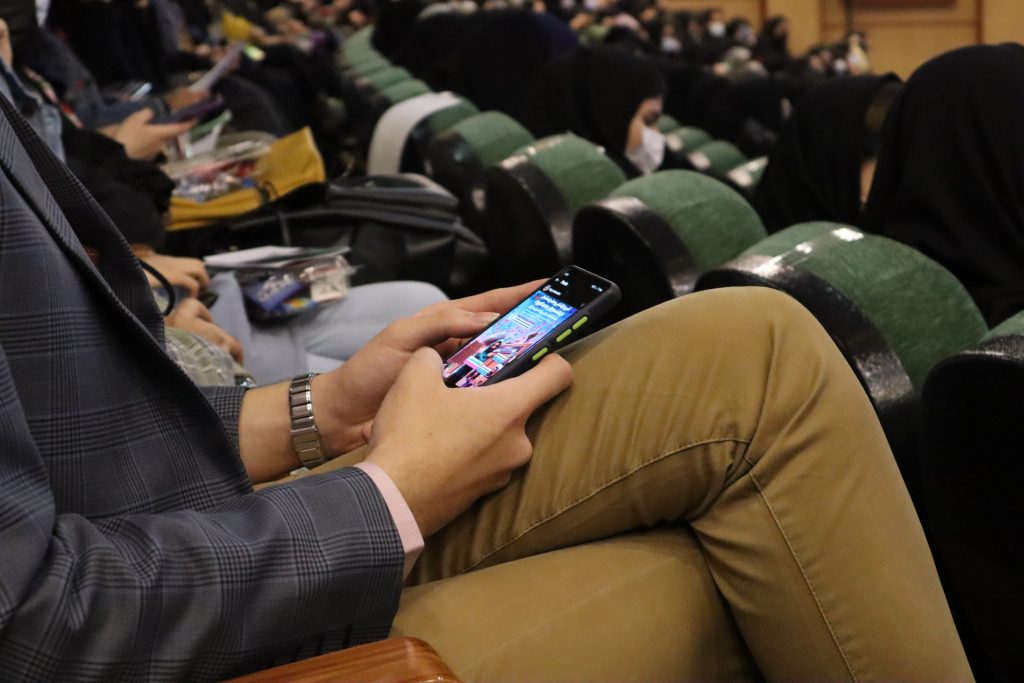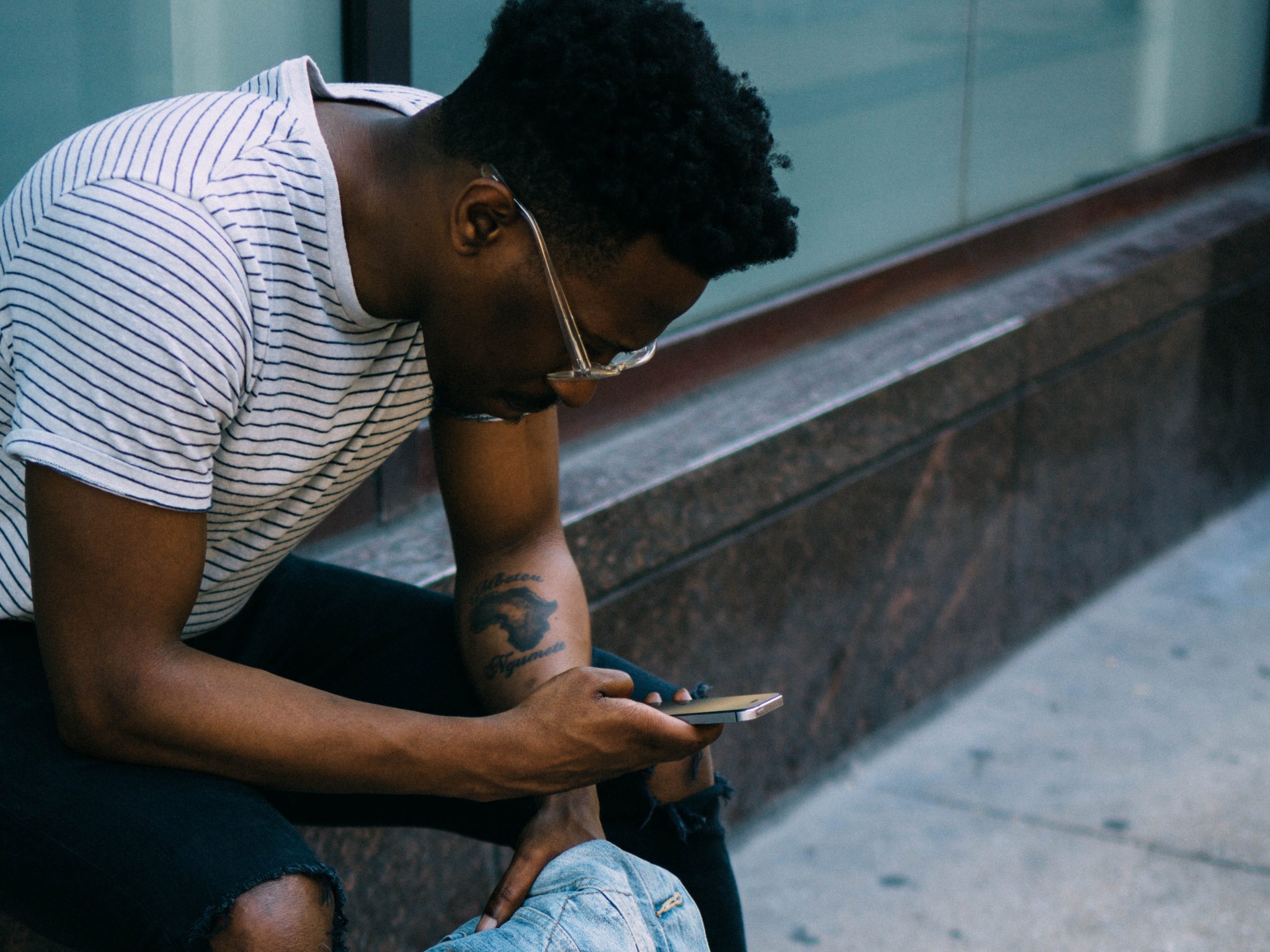For students our phone is a portal for communication, creativity and even a place where we find resources for our work.
However, its infinite resources can also be an overwhelming and a brightly lit energy drainer.
In 2021, an Ofcom survey showed that people in the UK check their phones on average every 12 minutes.

Demi Serra, a KU student, said she spends around six hours a day looking at her phone.
“I could procrastinate for hours looking at Tiktoks,” Serra said.
Whilst pandemic isolation increased phone time, post pandemic, a survey of 500 people funded by Research England revealed more than half were looking at their screens for 11 or more hours a day.
KU Student Hana Abousamra spends around seven hours a day on her phone and said: “When I’m spending time on social media I feel like I’ve just wasted time with no real positive impact.
“When I lay in bed especially, I can start by just looking at videos for a bit which turns into hours and takes away from my sleep.”
She said this causes her to be tired and behind on her work.
This is a common issue amongst students who find themselves spending too many hours on their phone.
Constant stimulation from phone screens can also impact users’ attention span.
“My attention span has definitely gotten shorter, even if I’m watching a movie, I still use my phone in the background, everything feels boring. I have a constant inclination to reach for my phone no matter what.”
This can make it more difficult to focus on large bodies of work at university.
The study by Research England also found there was a link between screen usage and mental health issues, along with issues such as fatigue, headaches and social anxiety.

Serra said her screen usage has negatively impacted her mentally as she feels disconnected from the present moment.
One of the reasons for an increase in poor mental health as a result of screen usage is the access to applications such as Instagram and Tiktok that are constantly under fire for being platforms that promote unrealistic beauty standards.
There is also an aspiration to reach an unattainable level of success, with many social media accounts only showing the ‘best parts’ of their lives.
Many students feel the pressure to live up to the lifestyles promoted and feel a lack of confidence when they are not at that level.
Social media can be a great tool for finding resources and education, however it is important to find a balance in order to fully benefit from using your phone.
Abousamra said turning her phone onto ‘do not disturb’ mode is what works best for her so she can focus on her studies when need be.
There are also now ways to set timers on your phone to limit the amount of time you spend on certain applications.
TikTok itself is rolling out a new screen time limit of 60 minute for users under
18.
Muting and removing pages that might make you feel anxious or insecure is also a great way to ensure your phone is a place where you are able to exist comfortably.

